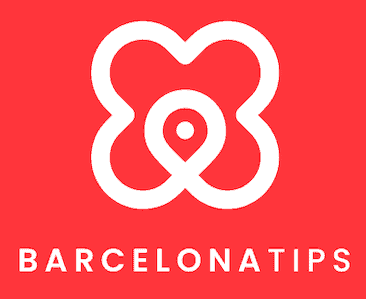Barcelona is generally a safe city, but the large number of tourists attracts thieves, particularly pickpockets in tourist areas. Staying vigilant can help you avoid becoming a victim. Here are some tips to ensure a safe and enjoyable visit.
Contents
- Pickpockets
- Are there any neighborhoods I should avoid?
- Reporting a theft
- Medical assistance
- Food and drinks
- Phone numbers
Pickpockets
Be cautious of pickpockets in crowded areas, tourist attractions, and public transport, especially the metro. Always keep an eye on your belongings and never leave them unattended, even in a café or a seemingly upscale restaurant.
Be wary of placing phones and cameras on tables. Some thieves use a map to distract you while they swipe your items—a common trick.
Don’t let stories of theft deter you. Many residents, including those in the tourist center, have never been pickpocketed by staying alert to their surroundings.
Are there any neighborhoods I should avoid?
Barcelona is generally safe to walk around, especially during the day. However, always keep an eye on your bag. At night, avoid walking alone through deserted streets and alleys in the city center. Typically, the streets are still busy, even at night. Some outer neighborhoods, which tourists usually don’t visit, might be less safe to walk alone at night.
Reporting a theft
If your wallet or camera is stolen and you need to report it, you can do so at the the Guàrdia Urbana office, the Mossos d’Esquadra office or the regional police force. Check the municipal website for addresses.
If you lose your travel documents, report it to the police as soon as possible. This report is needed to apply for. Contact your Consulate in Barcelona or Embassy in Madrid to request an emergency passport.
If you need to fly back home, you might be able to use a copy of your passport, depending where you are flying to and depending on the airline. Always check with the airline first. It’s useful to keep a copy of your passport in your email for such emergencies.
Medical assistance
In case of an accident or if you need to see a doctor, go to the Emergency Room (Urgències) at hospitals and some health centers, open 24/7 without an appointment.
For medications, many can be obtained without a prescription at pharmacies, recognizable by a green cross. You can even buy antibiotics without a doctor’s note.
Food and drinks
Barcelona’s tap water is safe to drink, though it has a chlorine taste that some might find unpleasant. Using a water filter can help. Ask if your hotel provides filtered water or buy bottled water from supermarkets.
Restaurants in Barcelona follow European hygiene and food preparation standards. While there’s always a risk of food poisoning, it’s no higher here than in any other European city.
Phone numbers
- European emergency number: 112
- Police: 092
- Municipality of Barcelona: 010


